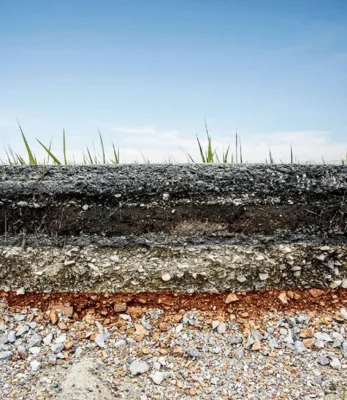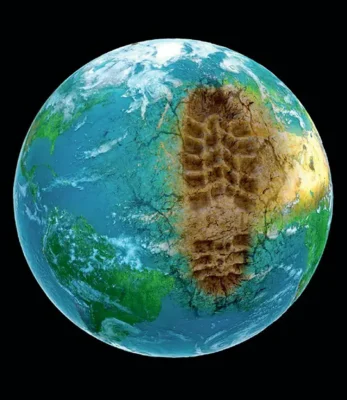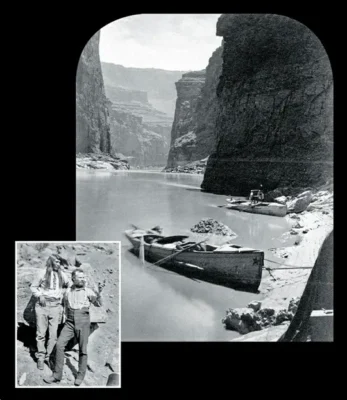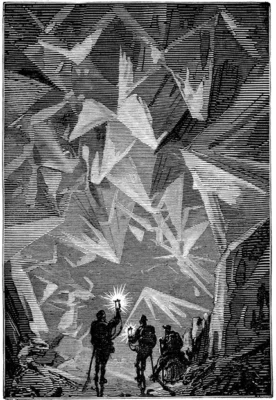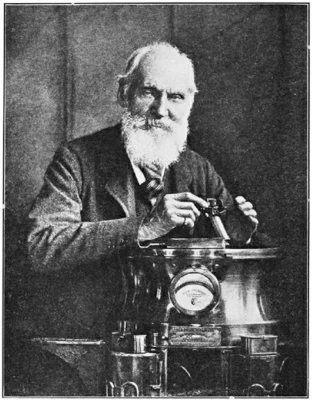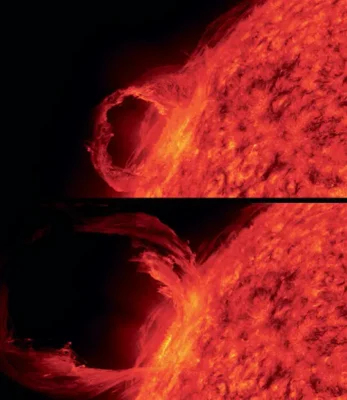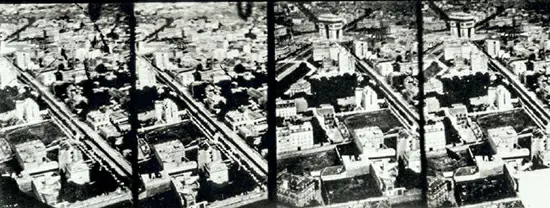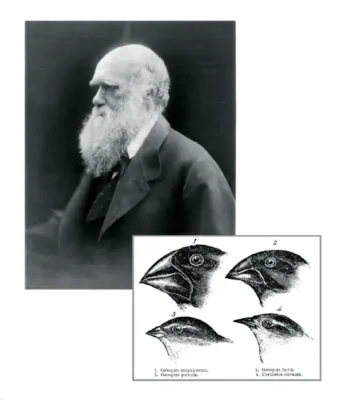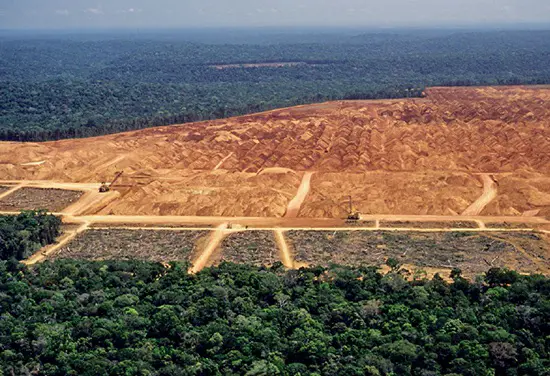1870: Unlocking the Secrets of Earth’s Skin – Soil Science and its Pioneer, Vasily Dokuchaev
Soil science, revolutionized by Vasily Dokuchaev, explores the intricate relationship between soil and ecological factors, extending its scope to include potential soils on other planets and emphasizing its role as a crucial resource for life [...]
1870: Unveiling the Anthropocene – Humanity’s Epoch
The Anthropocene, a proposed geologic epoch, reflects the significant impact of human activities on the Earth since the Industrial Revolution, marking a critical shift in our planet's climatic, ecological, and atmospheric conditions
1869: John Wesley Powell – Unveiling the Geologic Majesty of the Grand Canyon
John Wesley Powell's groundbreaking expeditions in the late 19th century illuminated the vast geological history of the Grand Canyon, revealing its intricate layers and making it a central figure in geological studies
1864: Jules Verne – Pioneering Science Fiction Through Geological Wonders
Jules Verne, a 19th-century French author, pioneered the science fiction genre by blending emerging scientific theories with imaginative storytelling, focusing on Earth's geological past and hypothetical subterranean adventures
1862: Tracing Earth’s Timeline – The Scientific Journey to Determine Its Age
William Thomson, Lord Kelvin, initially estimated Earth's age at 20 to 40 million years, a figure debated by nineteenth-century scientists. The discovery of radioactivity led to a revised estimate of 4.567 billion years, aligning with [...]
1859: Unraveling the Mysteries of Solar Flares and Their Impact on Space Weather
Richard Carrington's 1859 observation of a solar flare linked the Sun's activity to Earth's environment, sparking the study of space weather. Today's focus on predicting and understanding these phenomena is crucial for protecting satellite technology [...]
1858: The Evolution of Aerial Photography – From Nadar to Modern Remote Sensing
The first aerial photographs by Nadar in 1858 revolutionized cartography, evolving from balloon photography to modern satellite-based remote sensing, drastically enhancing our capability to map and analyze the Earth's surface
1858-1859: Unveiling the Secrets of Evolution – The Theory of Natural Selection
Charles Darwin and Alfred Russel Wallace independently formulated the theory of natural selection, explaining how traits contribute to survival and reproduction, shaping species over time. Darwin's "On the Origin of Species" popularized this theory, now [...]
c. 1855-1870: The Impact of Deforestation on Our Planet
Deforestation, exacerbated by the Industrial Revolution, has led to significant environmental consequences, including soil erosion, biodiversity loss, and climate change. The urgent need for sustainable deforestation practices is highlighted by the rapid decline of tropical [...]
1851: Foucault’s Pendulum – Demonstrating Earth’s Rotation
Jean Bernard Léon Foucault's 1851 experiment, using a simple pendulum, provided clear, observable proof of Earth's rotation. This groundbreaking demonstration, utilizing basic principles of physics, transformed our understanding of Earth's dynamics

